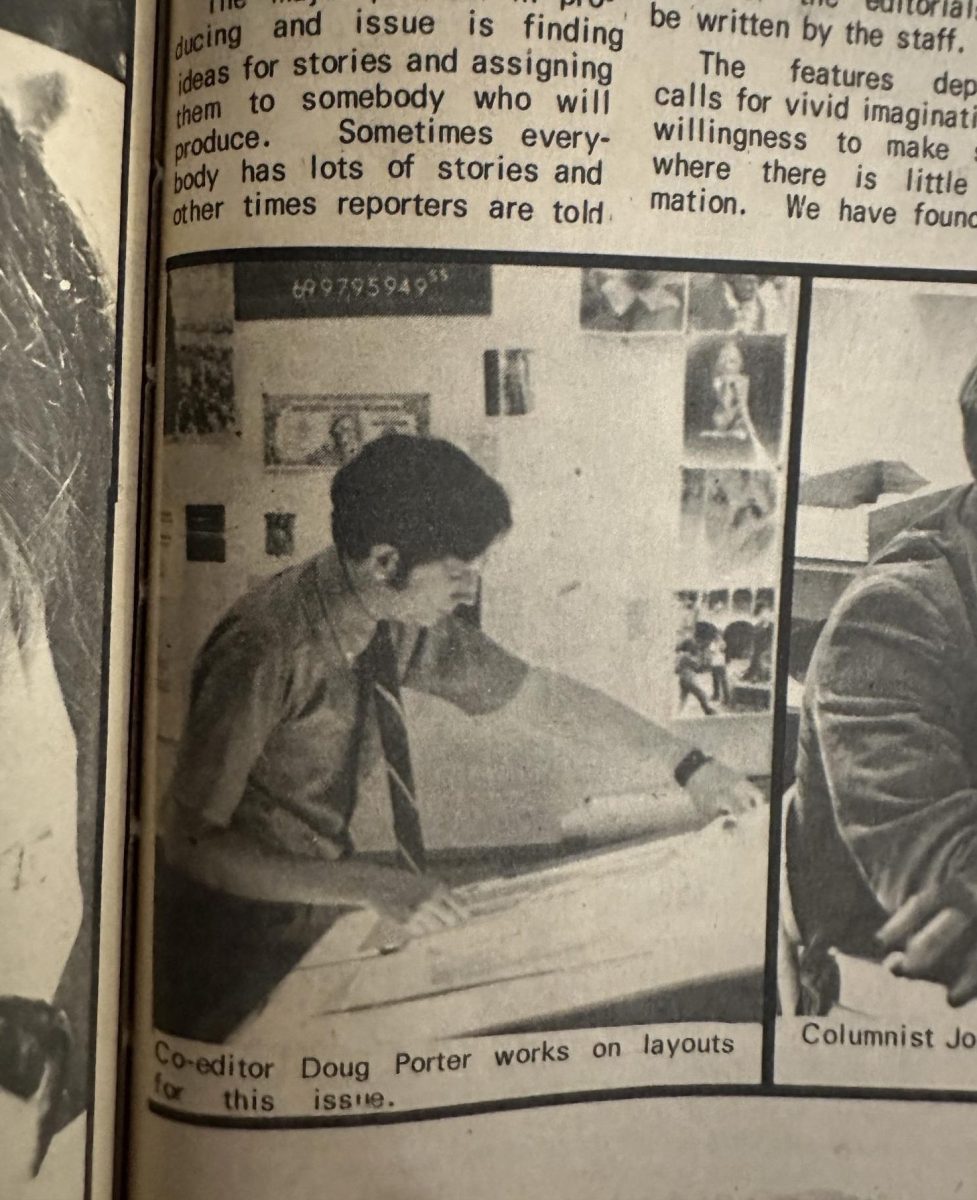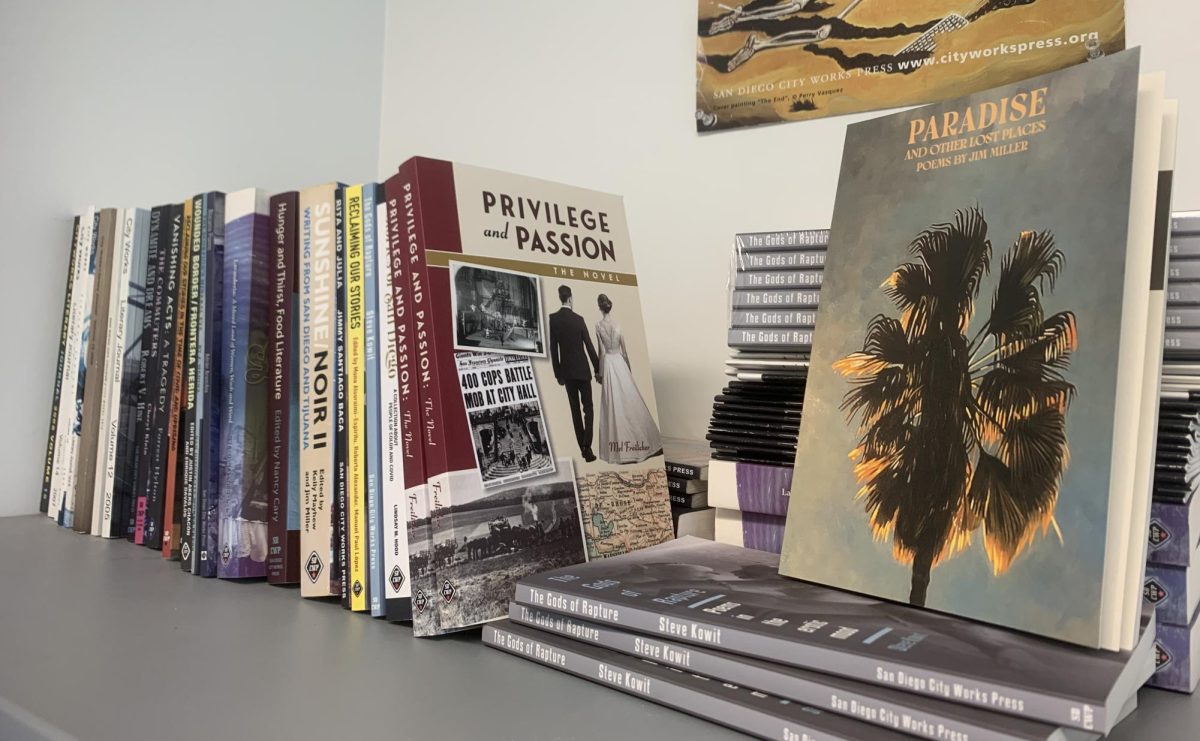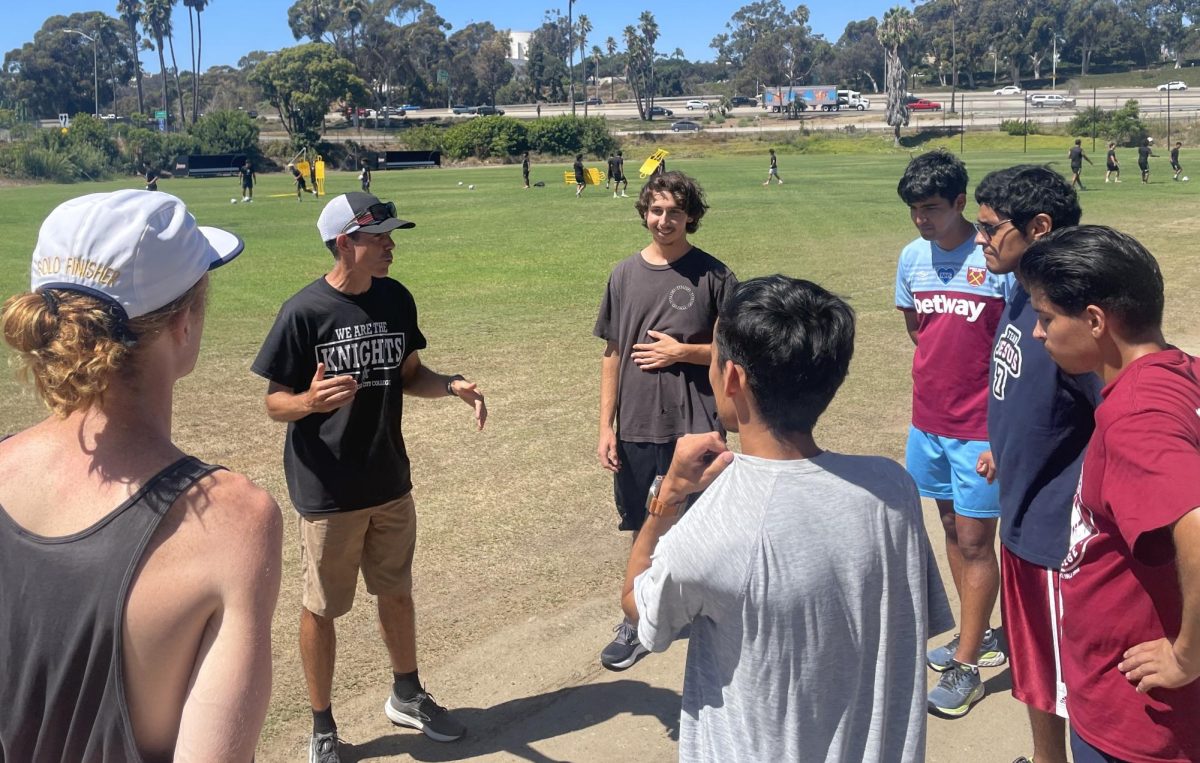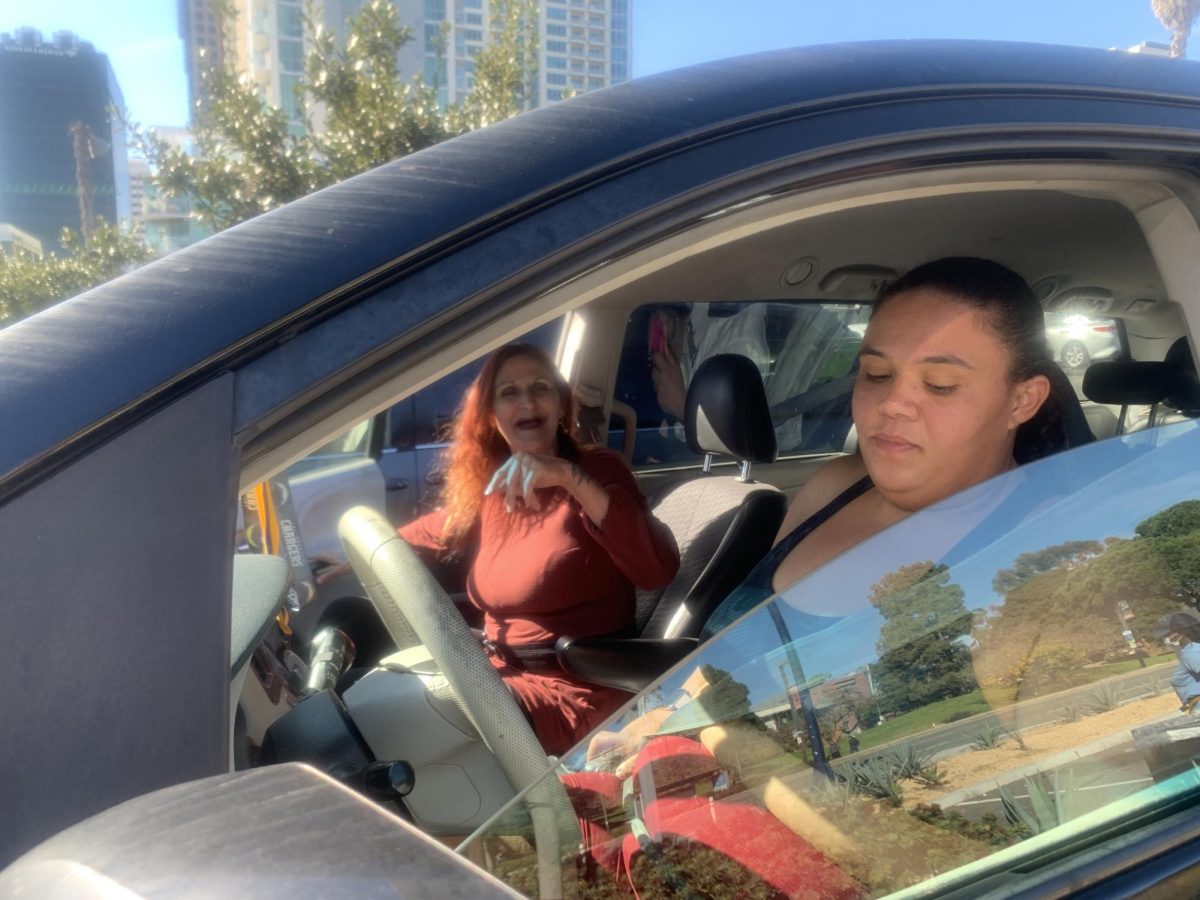San Diego City College’s World Cultures and the History and Political Science Department presented “Talk it up: Write it Down. Preserving your Family and Community History” on April 29.
The presentation focused on beginning research for family history, the resources that are available and how family histories create community histories.
Both Linda Canada, historian, and Susan Hasegawa, professor at City College and author of “Japanese Americans in San Diego,” spoke specifically about how their findings through research and observation.
“Through having family members alive such as aunts, uncles, grandparents as well as one or both of your parents means that we can easily trace the history of family,” said Canada said.
“Sometimes our families have significant objects that may not be important to us, but may be important to them,” added Canada. So an item such as coffee mug may be insignificant to some but, to that person, it may have been their favorite gift they received as a child or was an item given to them by their grandmother before her death.
Through a conservation Canada had with her husband’s uncle, she learned that just because slavery was going on during the Jim Crow era, it did not mean that all blacks were slaves.
According to Hasegawa, “We need to figure out how you and your family fit into history,” meaning that everyone has a place in history and researching the family tree, as suggested by Canada, will help.
“Many Japanese immigrants stayed in America because they feared having to serve in the military or just were not interested in doing so and thus many of them stayed in America,” noted Hasegawa. “They felt life in America was better than it was back in Japan.”
In America, many Japanese immigrants felt that there were more opportunities to succeed, with education and the choice to serve or not to serve in the military being the best examples.
“In 1882, the Chinese Immigrant Act, or the Chinese Exclusion Act of 1882, stopped immigration of Chinese into America,” added Hasegawa. This law suspended immigration of Chinese laborers to the United States, and those who did suffered penalties of imprisonment and deportation.
Regardless of what race or religion an individual is, they have ties to history whether it’s through their ancestors or being immigrants who came to America in search of a better life.
“When we get older, we tend to reflect on our legacy, whether it be our children, our accomplishments in life or the impact we had on people around us,” concluded Hasegawa.
When we are younger, for the most part, we focused on other items like going to school, partying or being popular amongst our peers. However, the older we get, the more we pay attention to going to work, preparing for retirement or even preserving our family or community history.







